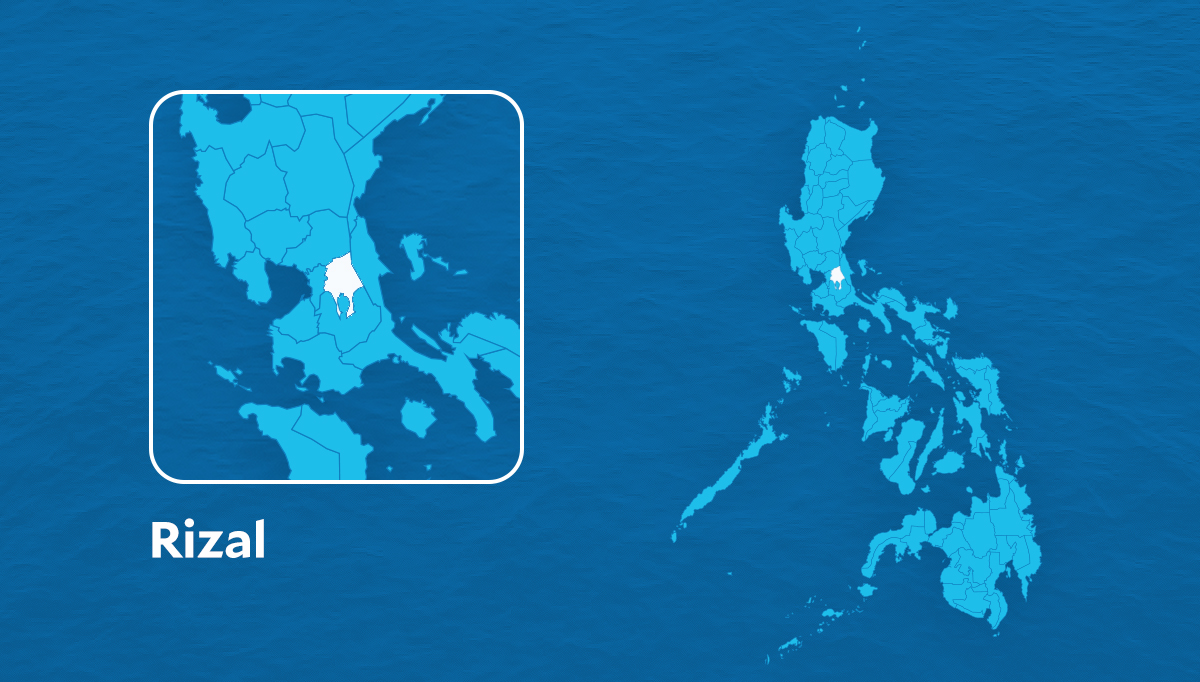
A few days after welcoming the New Year, the Philippines scored a victory in its ongoing battle against bird flu as it declared the province of Rizal free of avian influenza.
The Department of Agriculture (DA) declared Rizal’s bird flu-free status in a memorandum circular signed by Agriculture Senior Undersecretary Domingo Panganiban on Jan. 4, after the province yielded negative test results more than 40 days since cleanup, disinfection and surveillance operations were completed.
The province recorded three confirmed cases of highly pathogenic avian influenza (HPAI) subtype H5N1 in Rodriguez town on June 29, July 12 and July 15 last year, affecting a commercial chicken layer farm, a backyard free-range chicken farm and a commercial contract grower farm.
The DA said upon detecting the HPAI outbreak, the Rizal provincial government and the municipality of Rodriguez, in coordination with the DA and the Bureau of Animal Industry (BAI), conducted disease investigation, immediate depopulation, cleaning and disinfection, movement restrictions and surveillance in the affected premises.
The affected farms tested negative for the deadly animal disease based on the subsequent disease monitoring in the one-kilometer and seven-kilometer surveillance zones.
Areas still affected
According to the World Organization for Animal Health, the avian influenza-free status of a previously free country or zone may be regained after a minimum period of 28 days after a stamping-out policy has been completed; the disinfection of the last affected establishment was carried out; and that consequent surveillance demonstrated the absence of infection.
Camarines Sur, Davao del Sur and Bataan were the other provinces that were previously declared free of avian flu.
Based on the data uploaded on the BAI’s website as of Dec. 29, 2022, the African swine fever (ASF) was still active in Ilocos region and Soccsksargen regions, mainly in the towns of Santa Maria in Ilocos Sur and Carmen in North Cotabato.
Currently, the government temporarily banned the entry of imported domestic and wild pigs and their products and by-products including pork meat, pig skin and semen from Ukraine, Moldova and Czech Republic as these countries logged ASF cases affecting their domestic and wild boars.